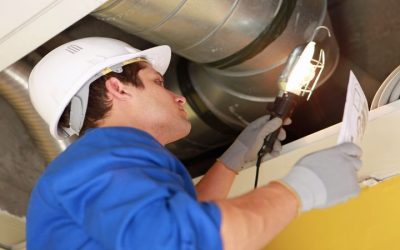If your home is connected to a septic tank, it needs to be pumped out periodically as it gets full. Understanding the signs indicating you may need Septic Pumping in Arlington WA will help limit the risk of the tank causing smelly and unsanitary problems.
You Haven’t Pumped It Recently
Depending on the size of the household and the amount of water used, the septic tank needs to be pumped about every three years. At the very least, the levels should be checked to make sure it’s not getting too full. Keep in mind that it isn’t easy to pump it in the winter, so checking it in the fall may be a good idea so you’re less likely to need emergency Septic Pumping in Arlington WA in the winter or spring.
Something Smells Bad
When maintenance is performed regularly, you shouldn’t smell bad smells from the septic tank. However, if it’s getting close to needing pumping, odors could become noticeable either near the drains in the house or by the drainage field for the septic system. This isn’t healthy, so call for service should you notice this type of unpleasant smell.
There’s Standing Water in the Drainage Field
The drainage field might have standing water after a big rain storm, but if there’s water standing around and it hasn’t rained recently, you probably need to pump your septic tank.
The Drains Are Sluggish
When the septic tank is getting full, the drains and the toilets will take longer than normal to get rid of the water. This is one of the earliest signs you might want to look for when you think it might be getting close to time to pump the septic tank. Not paying attention to this and getting it dealt with could lead to the next sign: a sewage backup.
Sewage Is Backing Up
This is the sign that there’s no time to wait, you really do need to get the septic tank pumped. Having sewage back up through the drains is both unpleasant and unhealthy, so try to deal with the septic tank before it comes to this if at all possible.
For the best results, consider having a septic company come to perform regular maintenance. They’ll catch any signs of a full septic tank early and limit the risk of a sewage backup.



